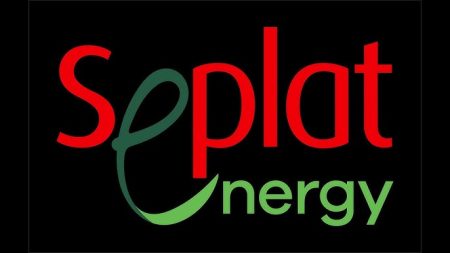
– Demands overhaul of power sector
Mkpoikana Udoma
Port Harcourt — The Manufacturing Association of Nigeria, MAN, has charged the federal government to expend savings from fuel subsidy in production-focused policies, backed with structural measures to combat inflationary pressures from insecurity, energy and transport costs.
MAN has also recommended the overhauling of the nation’s power sector and incentive for investment in renewables, in order to boost electricity generation and promote energy-cost efficiency in the country.
The Director-General of MAN, Segun Ajayi Kadir, who stated this in its Manufacturing Sector Outlook for 2024, urged the federal government to clear the current $7billion forex backlog to boost production in-country.
Kadir said, “The government should maintain all measures to boost the level of liquidity and degree of transparency in the official forex window even as the backlog of $7 billion forex obligations is being cleared.
“They should also prioritise forex and credit allocation to the manufacturers and reduce the number of BDCs into large and well-established operators to curb their excesses and untoward operations through effective management and supervision.”
MAN further predicted that 2024 would not be a good year for manufacturers and that it foresees a challenging first six months of the year for players in the industry.
The group envisaged higher manufacturing output from the third quarter of 2024, when the government disburses capital provisions of the budget to abandoned, ongoing and new capital projects with expected special preference for locally made products.
“Judging from the observed trend, it is obvious that the outlook for the manufacturing sector in 2024 may not be a positive one, at least in the first half of the year. The period will be challenging, with a subtle possibility of recovery from the third quarter.
“The envisaged recovery is highly dependent on the deployment of policy stimulus supported by a synthesis of domestic growth-driven, export-focused and offensive trade strategies. This will promote resilience, and steady growth and ensure that the sector gains meaningful traction in the later part of the year.
“The sector may experience a meagre improvement in manufacturing output as forex and interest rates-related challenges are expected to subside from the third quarter.
“Average capacity utilisation is expected to hover around the 50 per cent threshold as the forex-related challenges and high inflation rate limiting manufacturing performance may linger until mid-year.”



